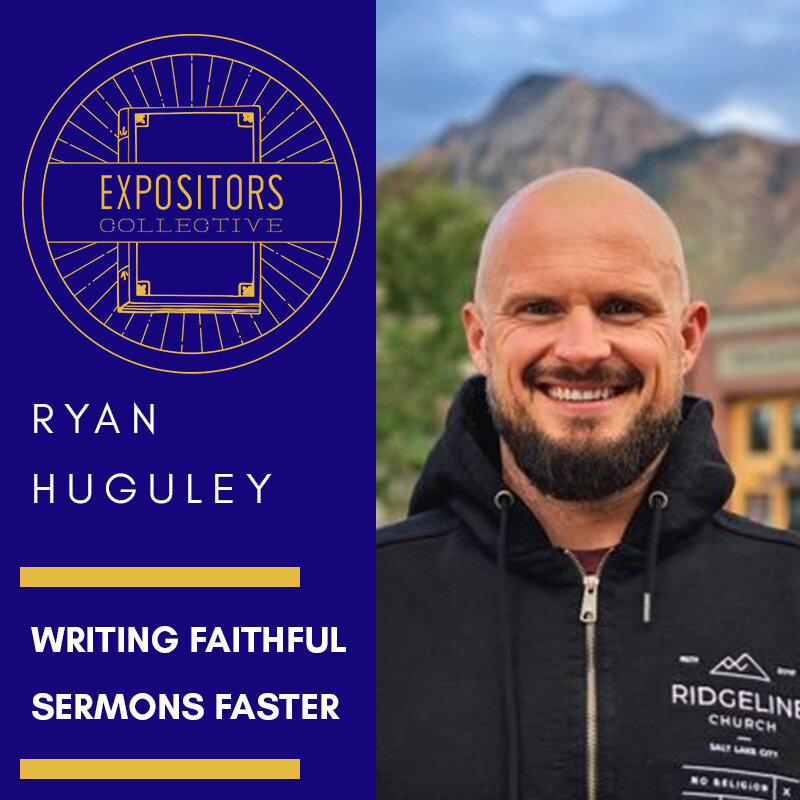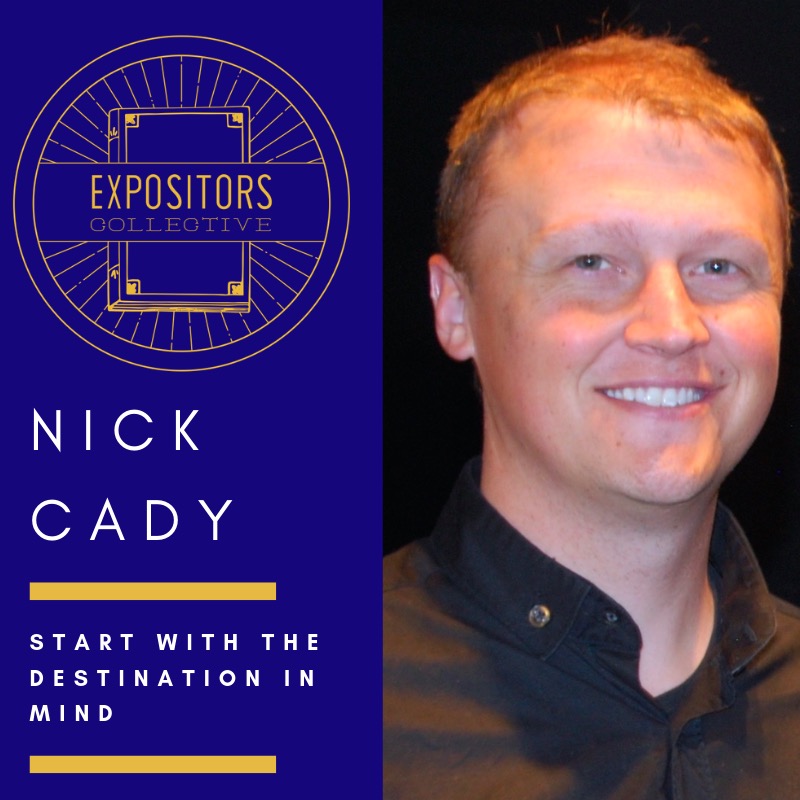
Yesterday morning I had something happen that has never happened to me before in 16 years of preaching almost every Sunday: I woke up and I had lost my voice.
My sermon was ready, so I went to church hoping tea would fix it, but it didn’t. I took a Covid test, which came back negative, so I prepared to preach the first service, but during worship I realized I wasn’t going to be able to do it. So, I went up on stage and asked our worship pastor, Michael, to preach my sermon from my notes.
My notes are in a manuscript format; I like to write out every word I’m going to say. I don’t read my notes, but writing out every word helps me process my thoughts and plan my message.
There are other benefits to manuscripting, some of which I’ve written about more here: Speaking Tips: Manuscript, but Don’t Read. For example, I know that 4000 words in a Pages document equates to about 30 minutes, so manuscripting helps me keep my sermon the right length.
Another benefit of manuscripting is that lately I have been re-preaching some of my older sermons which had lost or damaged recordings. For the sake of our radio show, and so we can have complete series archives, I have been re-preaching these “lost” sermons, and having a manuscript makes it easy to pull up my notes and re-preach an old sermon without much preparation.
If I get asked to guest speak, having a manuscript of my past messages makes it easy to create a new sermon based on something I’ve shared before. Or when people request a text version of a particular teaching, it is easy to send them my manuscript.
Furthermore, I am currently beginning the process of turning some of my sermon series into books. Having manuscripts of my messages makes that process much easier.
Certainly there are downsides or detriments to manuscript preaching, like when someone reads their notes in the pulpit and fails to make eye contact and connect with their listeners, or when someone is so dependent on their notes that they leave no room for the Holy Spirit to inspire prophetic ad libs.
But yesterday I realized one more benefit of manuscripting my sermons: Mike, our worship pastor was able to preach my sermon without any preparation, and by the second and third services, he was ad libbing and making it his own.
Here’s the video (starts at 32:27):


![8 Hours or Less: Writing faithful sermons faster by [Huguley, Ryan]](https://images-na.ssl-images-amazon.com/images/I/41ZF8RwZ5WL.jpg)

